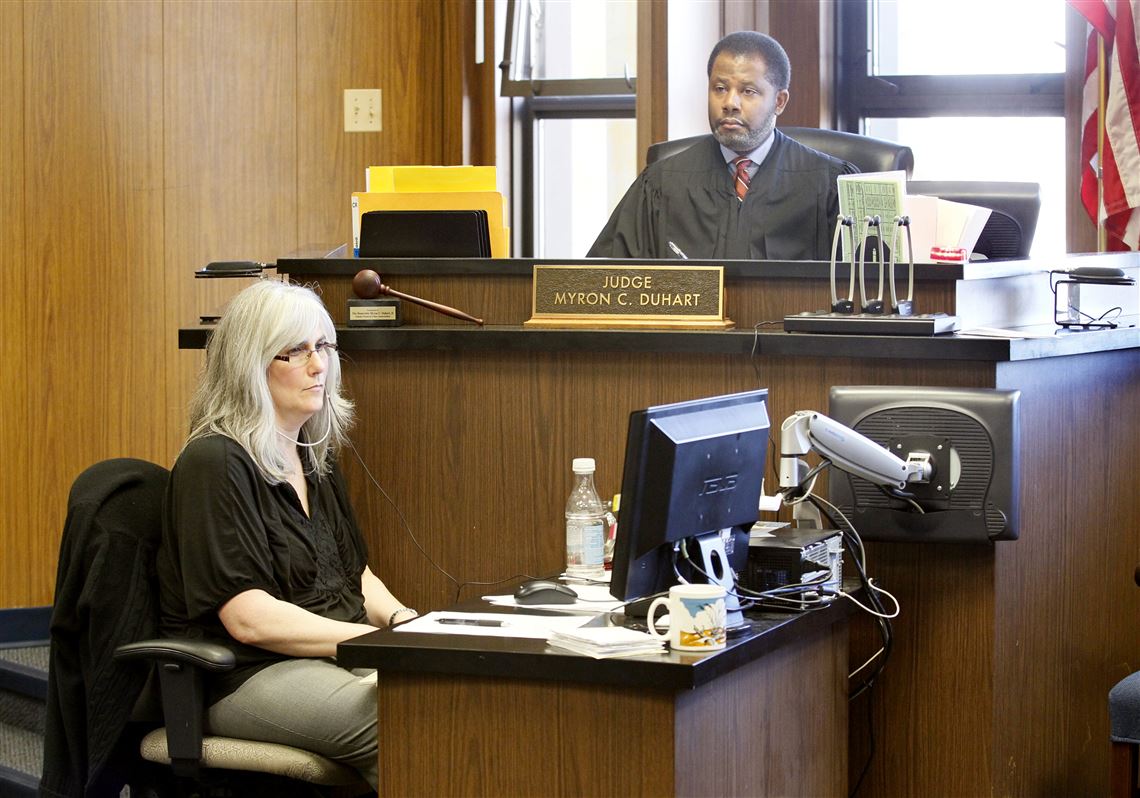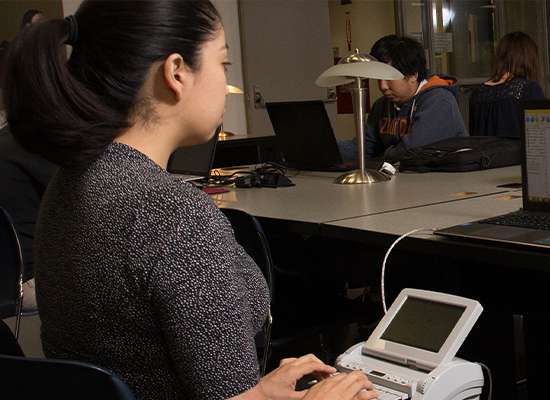The future of durham court reporting: technology trends
The Value of Court Reporting in Ensuring Accurate Legal Proceedings
Court reporting is a vital part of the lawful system. It supplies a objective and exact document of court activities. This paperwork is necessary for allures and lawful study, making certain that every talked word is recorded properly. The stability of legal procedures depends heavily on these transcripts. However, the duty of modern technology and advancing techniques elevates concerns regarding the future of court reporting and its effect on justice. What adjustments lie ahead?
The Duty of Court Reporters in the Legal System
Stenotype reporter play a crucial duty in the legal system by offering exact and neutral records of procedures. Their job guarantees that courtroom discussions, witness testimonies, and lawful disagreements are faithfully recorded, functioning as a main document for future reference. This documents is important for appeals, lawful research, and keeping the stability of judicial processes. Stenotype reporter are educated professionals knowledgeable in stenography and different recording modern technologies, enabling them to capture talked words with precision. They need to possess an extensive understanding of lawful terminology and court room protocols, assuring that their records meet the requirements needed by the judicial system. Furthermore, they might provide real-time transcription services, permitting courts and attorneys to gain access to info instantly during proceedings. By meeting these obligations, court press reporters facilitate transparency, responsibility, and the reasonable management of justice, thereby strengthening the fundamental concepts of the lawful system.
Ensuring Accuracy in Transcription
Accuracy in transcription is vital for keeping the honesty of lawful process. Court reporters carefully catch every word spoken during depositions, trials, and hearings, ensuring that the official record shows real discussion and exchanges that happen. This precision is essential, as even minor errors can cause substantial misconceptions or misinterpretations of the law.
To accomplish this degree of precision, court reporters utilize numerous techniques, consisting of energetic listening and the usage of specialized shorthand approaches. Continual training and knowledge with legal terminology additionally boost their capacity to generate reputable records.
In addition, the verification process is important; press reporters usually review their transcripts for potential disparities prior to final entry. This diligence not only promotes the quality of legal documents yet likewise supports the judicial procedure, enabling judges and attorneys to reference exact records when choosing. Inevitably, precise transcription cultivates rely on the legal system and guarantees that justice is served.
The Influence of Innovation on Court Reporting
As modern technology remains to advance, its influence on court reporting has actually come to be progressively substantial. Digital tape-recording systems and speech acknowledgment software have changed traditional methods, supplying new tools for catching talked discussion. These developments improve performance and ease of access, allowing much faster transcription and real-time reporting. In addition, cloud-based platforms help with smooth sharing of records, boosting collaboration among lawyers.

Eventually, while innovation improves the speed and accessibility of court reporting, it underscores the demand for human oversight to preserve the high quality and precision essential for lawful procedures. As the field proceeds to adapt, the integration of technology will certainly play an essential function in shaping the future of court reporting.

The Value of Confidentiality and Honesty
Privacy and honesty are essential concepts that underpin the method of court reporting in lawful procedures (durham court reporting). Court reporters are left with sensitive details, requiring them to keep discretion and shield the privacy of all events involved. This discretion fosters a relying on environment where litigants and witnesses can talk freely, ensuring that the legal procedure is fair and simply
Honesty is equally vital; stenotype reporter have to provide accurate and impartial transcripts, acting as the authorities document of the proceedings. Any lapse in stability can bring about misinterpretations, potentially influencing instance outcomes and undermining the judicial system.
Future Patterns in Court Reporting
The landscape of court reporting is progressing in visit the site feedback to technical advancements and the altering requirements of the legal occupation. Emerging patterns consist of the assimilation of expert system and real-time transcription solutions, which boost performance and precision. Stenotype reporter are significantly making use of electronic devices, such as cloud-based systems, permitting smooth cooperation amongst lawful groups and much easier accessibility to records.
Furthermore, the increase of remote court procedures has prompted the development of specialized training for reporters in digital settings. This change not only adapts to the needs of a globalized lawful landscape however likewise addresses challenges posed by geographical obstacles.
In addition, the focus on availability is driving developments in transcription formats, ensuring that lawful papers deal with varied target markets. In general, the future of court reporting is characterized by a blend of typical skills and modern-day innovation, placing reporters as vital gamers in the legal procedure.
Frequently Asked Inquiries
What Certifications Are Called For to End Up Being a Stenotype Reporter?
To end up being a court reporter, people generally call for a senior high school diploma, specialized training in court reporting, effectiveness in shorthand or voice writing, and accreditation or licensing, relying on the jurisdiction and certain job demands. - durham court reporting
How Do Court Reporters Maintain Their Skills With Time?
Court reporters preserve their abilities over time with continual education, method, and involvement with professional companies. They often go to workshops, use innovative technology, and take part in qualification programs to enhance their efficiency and adjust to evolving criteria.
What Obstacles Do Court Reporters Face in Their Profession?
Court press reporters encounter numerous challenges, including managing high-pressure environments, adapting to varied accents and languages, keeping technical efficiency, making certain precision under limited due dates, and managing mentally charged testimonies that may influence Get the facts emphasis and performance.
Are Court Reporters Associated With Other Lawful Setups Besides Courts?
Court reporters are indeed involved in numerous lawful settings past court rooms, consisting of depositions, settlement hearings, and administrative process. Their experience warranties precise transcripts in these settings, contributing to the clarity and integrity of legal documentation.
Just How Do Stenotype Reporter Manage Stressful Situations Throughout Proceedings?

Stenotype reporter take care of stressful scenarios by maintaining emphasis, using efficient time monitoring skills, and using their training to remain calm. They usually durham court reporting practice deep breathing and use strategies to lessen distractions, making sure accurate documentation under stress.
Court reporting is an essential element of the lawful system. Court reporters play a necessary role in the legal system by giving accurate and unbiased transcripts of procedures. Inevitably, while technology enhances the rate and ease of access of court reporting, it emphasizes the need for human oversight to maintain the high quality and accuracy essential for legal proceedings. Privacy and stability are essential concepts that underpin the method of court reporting in lawful process. Court press reporters are indeed involved in various legal settings beyond courtrooms, including depositions, settlement hearings, and administrative proceedings.